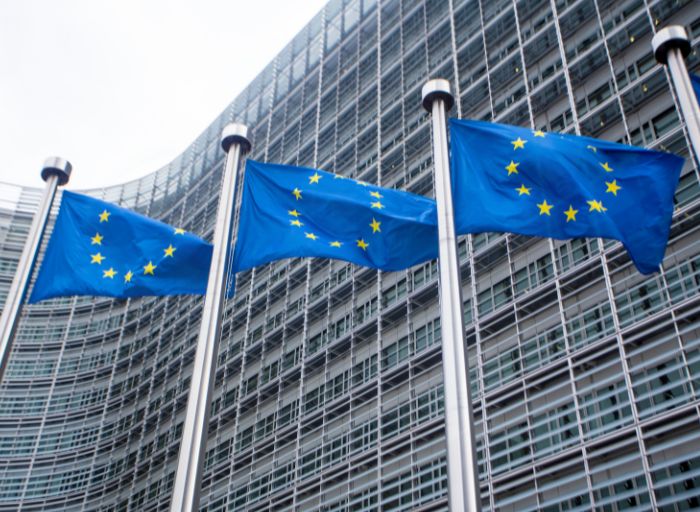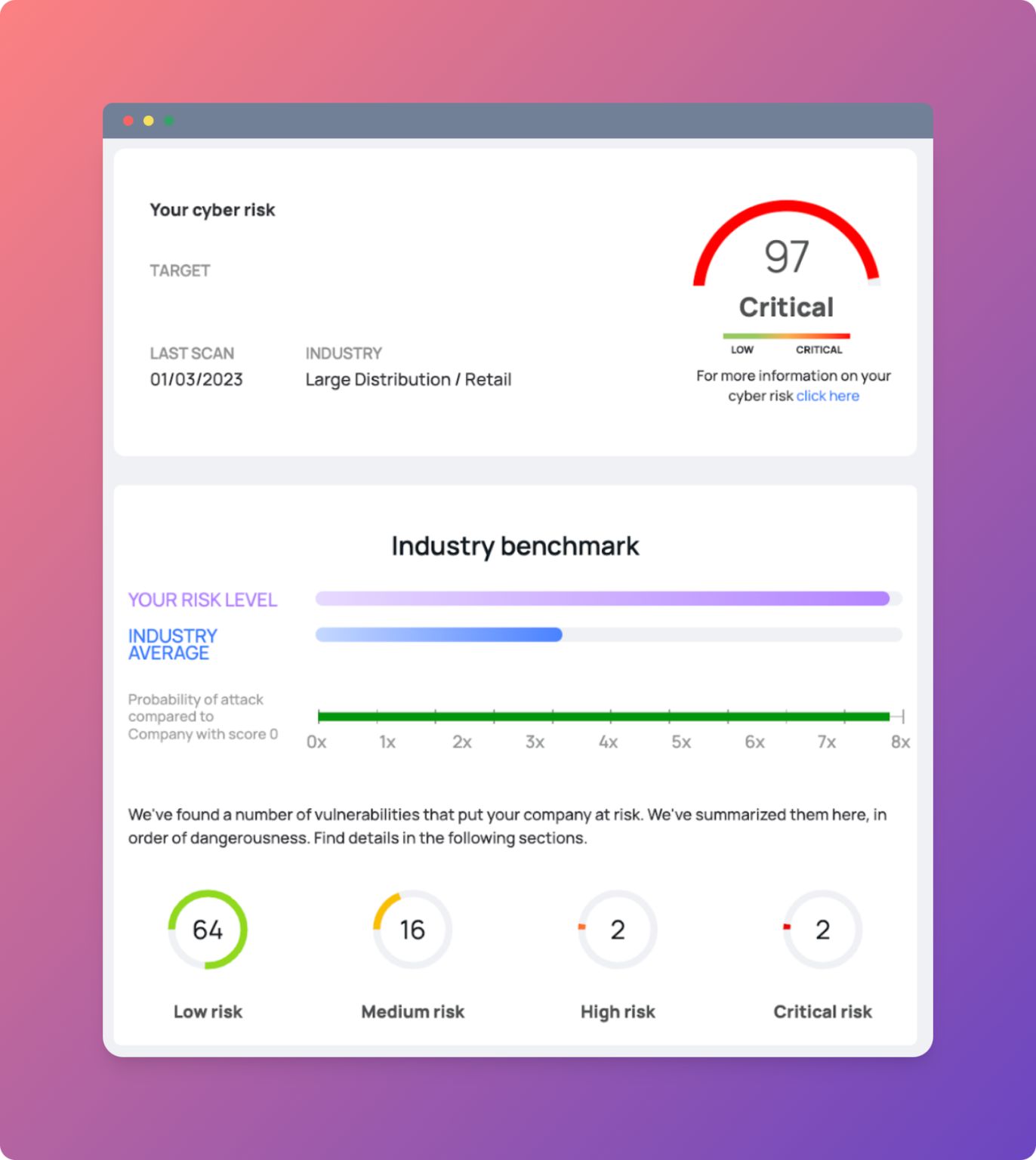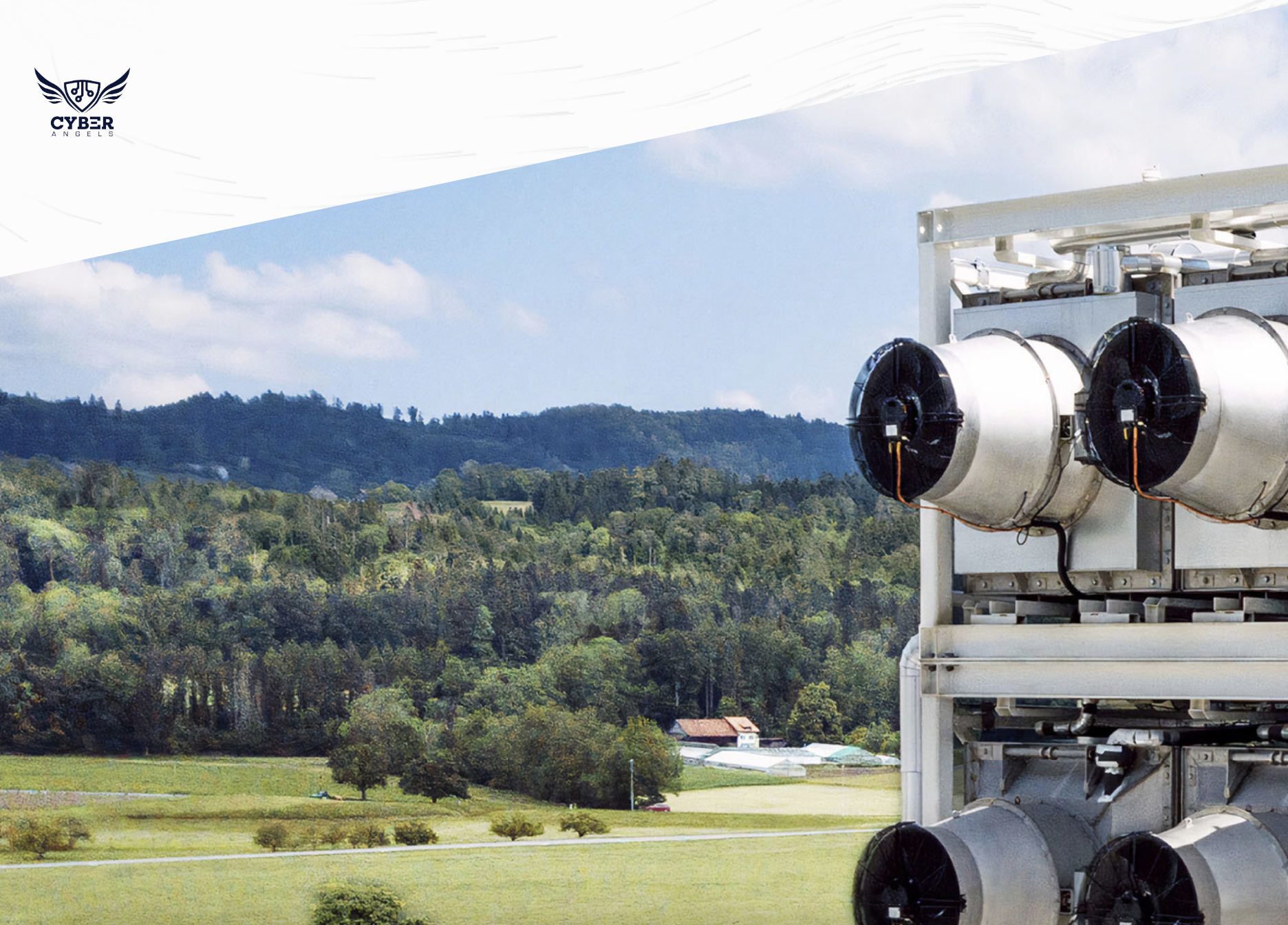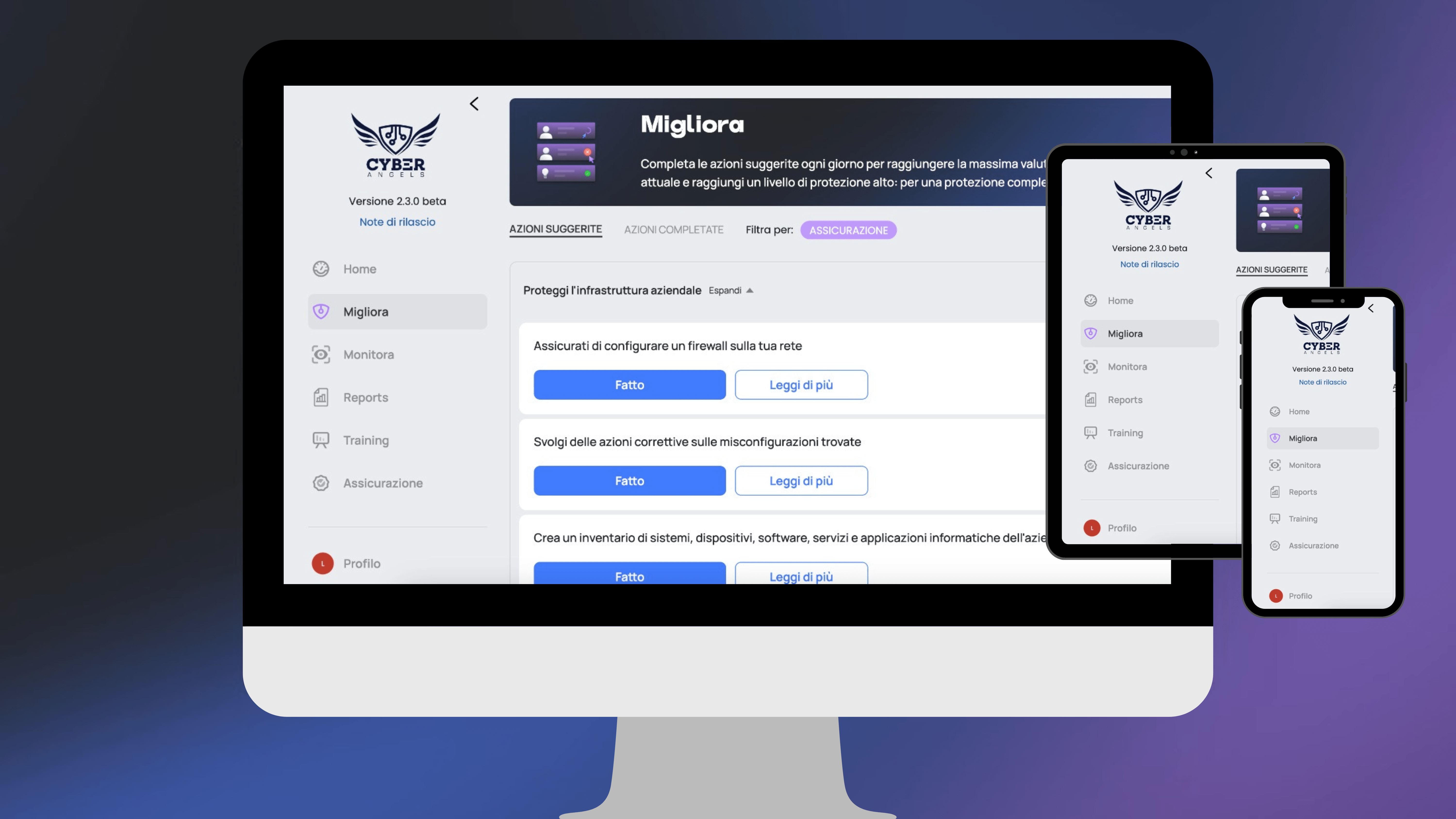Cybersecurity has become an increasingly urgent concern due to the increase in cyber attacks and the growing dependence on technology.
To address this threat, the European Union introduced the NIS Directive (Network and Information System Security) to ensure a global level of cyber security within the EU.
The NIS2 Directive is the updated version of this legislation and aims to further strengthen IT security, focusing in particular on Operators of Essential Services (OSE).
What the NIS2 Directive provides for
On 10 November 2021, the European Parliament approved the NIS2 (Network and Information System Security) Directive, which aims to further strengthen cyber security within the European Union.
The NIS2 Directive introduces new provisions to adapt to the digital changes caused by the Covid-19 pandemic, such as the increase in network traffic and related attack surfaces. It also broadens the scope to cover a wider range of actors, including small and medium-sized enterprises (SMEs).
This new directive focuses in particular on Operators of Essential Services (OSE)i.e. those companies that provide an essential service, the interruption of which would have a significant impact on the performance of the economy or society.
OSE comprises three categories of actors:
- Operators of essential services in the telecommunications sector, such as fixed and mobile network operators, internet service providers, electronic communications infrastructure operators;
- Operators of essential services in the energy, transport and financial services sectors;
- Other providers of essential services, such as health service providers, water and waste management service providers, transport safety and emergency management providers.
The NIS2 Directive also applies to public authorities and non-governmental organisations carrying out activities that are essential for society and the economy.
In addition, SMEs operating in the above categories could be affected by the NIS2 directive as providers of essential services.
This expansion of the scope of application is an advantage for SMEs, as it can help them protect their systems and data against cyber threats, as well as gain a competitive advantage over companies that have not taken the appropriate security measures. The NIS2 Directive, in fact, establishes minimum requirements for the security of networks and information systems that must be adopted by all stakeholders. In addition, it requires OSEs to promptly report security incidents to the relevant authorities, creating an ecosystem of trust and increased security for all market players.
What to do to comply with the NIS2 Directive
In order to comply with the NIS2 Directive, companies and organisations must take some important steps to ensure the security of their networks and information systems. Here are some actions that can be taken:
- Identify essential service operators: identify whether your company is considered an OSE and adhere to the provisions for OSEs.
- Assess the security risk: it is essential for companies to assess the security risk of their networks and information systems. This will help identify the most likely threats and weak points in the system, in order to take the most effective security measures.
- Implement adequate security measures: Companies must implement appropriate security measures to protect their systems and data. These measures may include data encryption, multi-factor authentication, continuous monitoring of activities and user training.
- Preparing for security incidents: it is important for companies to have a plan for handling security incidents. In the event of an incident, companies must report it to the relevant authorities in a timely manner and take measures to contain the incident and restore normalcy.
- Continue to monitor and adapt: the cyber threat is constantly evolving, so it is important that companies continue to monitor their security and adapt security measures according to new threats.
To learn more about the NIS2 Directive, please consult the official website of the European Union (https://ec.europa.eu/commission/presscorner/detail/en/IP_22_2985).
In general, it is important for SMEs to keep up-to-date on the status of implementation of the NIS2 Directive in their country and on future developments, to ensure that they are compliant and make the most of the benefits offered by the new legislation.
How SMEs can benefit from the NIS2 Directive
For SMEs, complying with the NIS2 Directive may cost time and money, but the long-term benefits may far outweigh the costs.
By complying with the directive, SMEs can:
- Protect your systems and data against cyber threats, reducing the risk of losing data or suffering business interruptions.
- Gaining a competitive advantage than companies that have not taken the appropriate security measures. By adhering to the regulations, SMEs will show their customers and suppliers that they are committed to protecting the security of the data entrusted to them.
- Achieving greater peace of mind in terms of security, knowing that they have taken the necessary measures to protect their systems and data.
- Agreater chances of being selected for strategically important projects, because OSEs require their suppliers to adopt appropriate safety standards.
For SMEs, it is important to understand the NIS2 Directive and their IT security obligations.
In this regard, they can turn to industry professionals or specialised bodies for assistance in identifying OSE, assessing the security risk and taking appropriate security measures.
How Cyberangels helps you
Cyberangels is an all-in-one solution to help companies protect their cyber security and comply with regulations such as the NIS2 Directive.
The solution is designed to enable SMEs to take control of their security by assessing cyber risk, providing remediation plans based on international frameworks, and offering awareness training and phishing tests to help prevent future attacks.
Here are some of the ways in which you can benefit from using Cyberangels:
- Security risk assessment: Cyberangels automatically assesses cyber risk based on scanning engines and ad hoc questionnaires
- Implementation of security measures: Cyberangels prepares the appropriate security measures for you to protect your systems and data, including through continuous monitoring of activities and user training.
- Preparation for security incidents: Cyberangels creates a plan to handle security incidents and to report incidents to the relevant authorities in a timely manner.
- Continuous monitoring and adaptation: Cyberangels performs continuous security monitoring to help you stay abreast of new threats and adapt security measures as needed.
For any additional information, contact our team.
Let Cyberangels differentiate you from the competition: keep focusing on your business challenges, we take care of your security!








